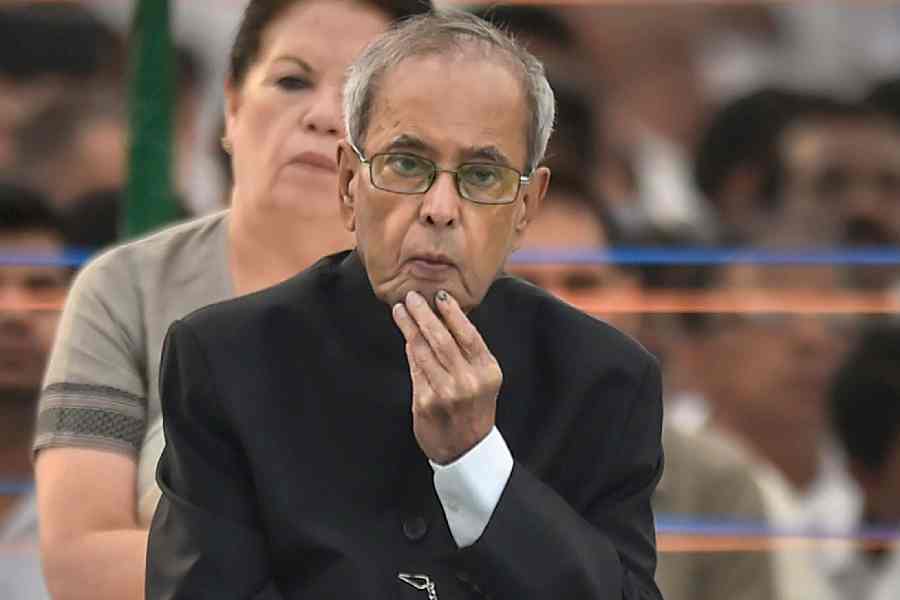Terrorism is known to be a beast that quite often turns against its own master. Pakistan has been a haven of terrorism that has chiefly targeted India. Now, militancy in the form of the Tehreek-e-Taliban Pakistan — the militant group, Pakistan alleges, has found sanctuary in Afghanistan — has come to haunt Islamabad. Even though Pakistan’s government remains tight-lipped, there are credible whispers that its military has conducted airstrikes deep inside Afghan territory. The assault, which Pakistan claims scalped several top leaders of the TTP — Islamabad blames it for several bloody attacks in Pakistan — came in the wake of an ambush that killed 16 Pakistani soldiers. The Taliban has said that Pakistan’s airstrikes — its third major operation on Afghan soil since the Taliban’s return to power in that country — killed civilians. It has strongly protested against the violation of Afghan sovereignty. The Taliban also claims to have conducted counter-strikes inside Pakistani territory. The mutual, limited military engagements and attendant posturing can be attributed to domestic compulsions. Pakistan, hobbled by a weak civilian government and economic constraints, needs to show its people that it remains firm about taking the battle to militants. The Taliban, too, cannot afford to be seen to be capitulating to pressure from a more powerful neighbour: standing up to Pakistan stokes its image as an autonomous, legitimate force with its domestic audience.
New Delhi and the global community would, of course, take note of the irony embedded in the souring of ties between Kabul and Islamabad. The Taliban’s resurgence and ultimate victory against an Afghan regime backed by the United States of America were widely perceived to be an hour of triumph for Pakistan, the Taliban’s former patron. It was also a bitter pill that New Delhi had to swallow given its traditional terse ties with the Taliban. But Pakistan’s recent contestations with the Taliban are suggestive of the friends turning into rivals, if not foes. This is an opportunity that New Delhi should seek to take advantage of. Smoothening its ties with the Taliban could help India recover its lost strategic ground in Afghanistan. An improvement in New Delhi’s relationship with Kabul would put Islamabad under further pressure, potentially limiting its capacity to stir up mischief on the Indian border.











